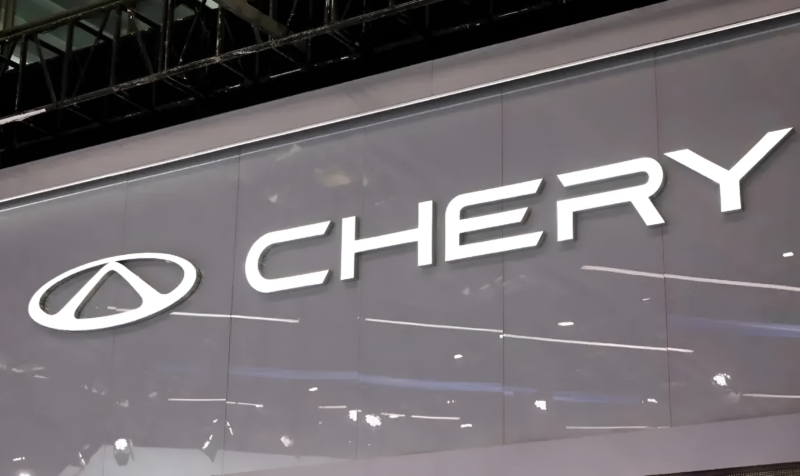Chery unveils 600 Wh/kg solid-state battery module targeting 1,300 km range
At the 2025 Chery Global Innovation Conference held on October 18 in Wuhu, Chery Automobile unveiled its first self-developed all-solid-state battery module, a prototype achieving a cell energy density of 600 Wh/kg, among the highest announced by any Chinese automaker so far, according to CLS. The Chery Solid-State Battery Research Institute developed the module and adopted an in-situ polymerized solid electrolyte system paired with a lithium-rich manganese cathode material.
Chery said the cell maintained power delivery even after extreme abuse tests such as nail penetration and power-drill damage, without catching fire or producing smoke. Vehicles equipped with this technology could theoretically exceed 1,500 km on a single charge, with real-world driving ranges expected to reach 1,300 km. The company reaffirmed its plan for a pilot operation in 2026 and a broader rollout in 2027, which, if realized, would position Chery ahead of rivals BYD and CATL, both targeting small-scale solid-state production in the same year.
The launch comes on the heels of Chery’s strong year in both exports and revenue. The automaker shipped 137,624 vehicles overseas in September, up 26.2% year-on-year, marking the fifth consecutive month with exports above 100,000 units. In the first half of 2025, Chery’s revenue reached 141.6 billion yuan (19.5 billion USD), up 26.3% from a year earlier. Following its major Hong Kong IPO, the most extensive Chinese carmaker listing of the year, 35% of funds were allocated to vehicle R&D and 25% to next-generation technologies, underscoring the strategic weight of the solid-state project.
The reveal also follows Toyota’s partnership with Sumitomo Metal Mining to accelerate production of cathode materials for its own all-solid-state batteries, reflecting a global race toward commercialization. According to EVTank, worldwide solid-state battery shipments are projected to reach 614 GWh by 2030, representing more than 10% of total output and a market size exceeding 250 billion yuan (34 billion USD).
Chinese research teams have also shown progress. A Tsinghua University group recently developed a 604 Wh/kg soft-pack solid-state cell using a fluoropolyether-based electrolyte that withstood both puncture and 120 °C high-temperature tests, supporting the feasibility of large-scale application. However, cost remains a challenge: the current price of an all-solid-state battery is estimated at 2.8 times higher than that of a liquid-electrolyte lithium-ion pack due to costly sulfide materials and low production yields.
Chery’s public debut of a 600 Wh/kg solid-state module, therefore, marks a significant technical milestone for the company and for China’s EV industry. If successfully industrialized, it could redefine expectations for long-range electric mobility by doubling today’s typical driving range and advancing China’s position in next-generation battery technology.



